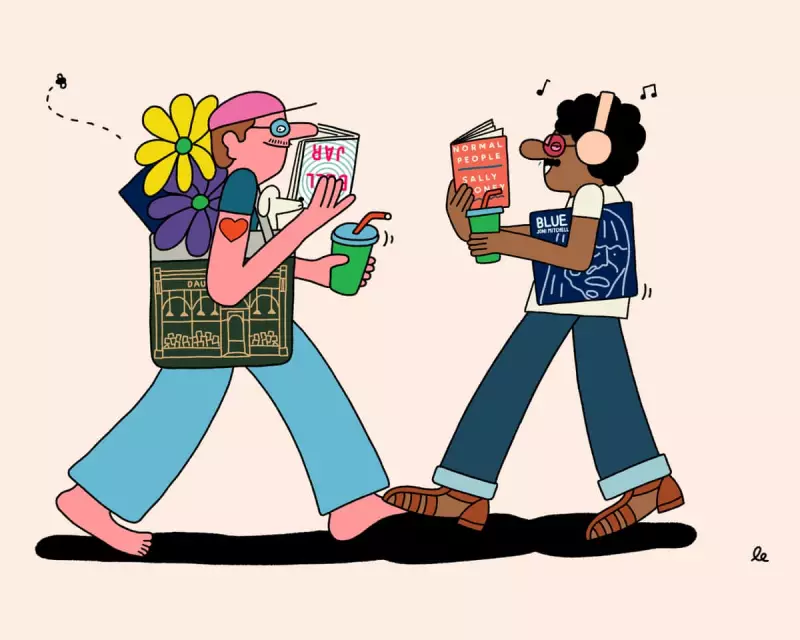
In the intricate theatre of modern gender politics, a new costume has emerged for the aspiring male feminist: the artisanal tote bag slung over one shoulder, a meticulously crafted matcha latte in hand. But are these accessories genuine badges of allyship, or merely the latest props in a performance of progressive masculinity?
The Semiotics of the Sustainable Shopper
Gone are the days when male support for feminist causes was measured solely by attending marches or reading the right books. Today, it’s curated through a highly visible, consumerist lens. The organic cotton tote, often emblazoned with a pithy feminist slogan or the logo of an independent bookstore, functions as a walking billboard for a man’s enlightened values.
Similarly, the matcha latte—a far cry from a builder’s mug of strong tea—signals a conscious, almost feminine-coded choice. It suggests an awareness of wellness, sustainability, and a rejection of traditionally ‘blokey’ beverages. Together, they form a potent visual shorthand for a man who is ‘on the right side’.
Substance or Style? The Critique of Performative Activism
This trend raises a pressing question: does this curated aesthetic translate into tangible action? Critics argue that this is often ‘feminism-lite’—a comfortable, low-effort version of allyship that demands little beyond consumer choice. It’s activism that fits neatly into a lifestyle, rarely challenging the structural privileges or power dynamics that underpin patriarchy.
The danger lies in the performance becoming the point. When displaying one’s beliefs becomes more important than embodying them through difficult conversations, domestic equity, or challenging other men, the tote bag becomes just another empty signifier.
A Generational Shift or a Cunning Rebrand?
Is this phenomenon entirely negative? Perhaps not. For a younger generation, these symbols can be a legitimate entry point into broader feminist discourse. The visual culture of woke masculinity might make progressive values more accessible and socially acceptable among peers.
However, the line between genuine evolution and a shrewd rebranding of masculinity is thin. It allows men to reap the social rewards of appearing progressive without necessarily undertaking the deeper, more uncomfortable work of deconstructing their own ingrained biases and behaviours.
The true test of this new masculinity isn’t the contents of a man’s shopping bag, but the content of his character. Real allyship is measured in the private moments, the unpaid labour shared, the platforms ceded, and the privileges questioned—not in the brand of his reusable coffee cup.





